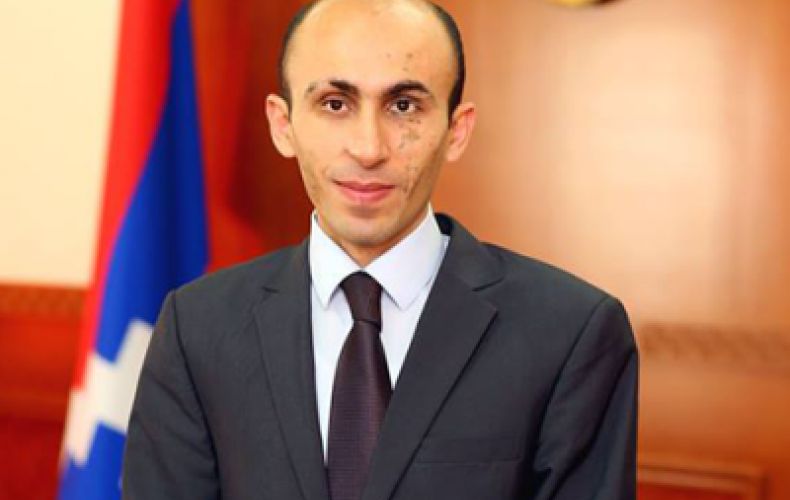 “Due to the
Azerbaijani policy of ethnic cleansing (genocidal actions) since 1988, and the
1991-1994 Azerbaijani-Karabakh war, hundreds of thousands of Armenians
(according to some expert estimates, almost 500,000) have become refugees or
internally displaced persons. They were subjected to massacres, repression,
homelessness, expropriation and other deprivations solely due to ethnic origin.
“Due to the
Azerbaijani policy of ethnic cleansing (genocidal actions) since 1988, and the
1991-1994 Azerbaijani-Karabakh war, hundreds of thousands of Armenians
(according to some expert estimates, almost 500,000) have become refugees or
internally displaced persons. They were subjected to massacres, repression,
homelessness, expropriation and other deprivations solely due to ethnic origin.
Most of them
were initially staying in the Republic of Artsakh or Armenia, but during the
war some of them were repeatedly targeted by Azerbaijan, suffering additional
losses. As a result, many of them emigrated to other countries, and those who
remained in the Artsakh Republic gradually integrated into the local society, becoming
full citizens of Artsakh.
Unfortunately,
neither during the ethnic cleansing, nor during the elimination of its
consequences the Armenian (especially from Artsakh) refugees and internally
displaced persons have received any serious international humanitarian and
legal-political assistance, unlike the Azerbaijani refugees. Moreover, biased
international statements are often made which give an artificial advantage to
the Azerbaijani refugees in the settlement of the conflict, ignoring the rights
and needs of the Armenian refugees. And this is despite the fact that to this
day, a number of their rights continue to be violated by Azerbaijan, and many
still have acute social needs.
The Human
Rights Ombudsman of Artsakh emphasizes that human rights are universal and any
discrimination, including on the basis of legal, political and international
status of the territory, is highly condemnable. In the settlement of the
conflict, the rights, needs and interests of all the parties must be taken into
account without bias, and the perpetrators of crimes against humanity should be
held responsible.
The
Ombudsman also emphasizes that despite international isolation and neglect, the
Republic of Artsakh has done significant work with its own efforts and means to
solve the social-economic problems of refugees and internally displaced
persons.
However, it
still remains vital to the improvement of living conditions for some families,
and the state must continue its efforts towards the full and proper performance
of its obligations.
The rights
and needs of refugees and internally displaced persons living in the Republic
of Artsakh have been and will be under the attention of the Human Rights
Ombudsman, both internally and externally.”